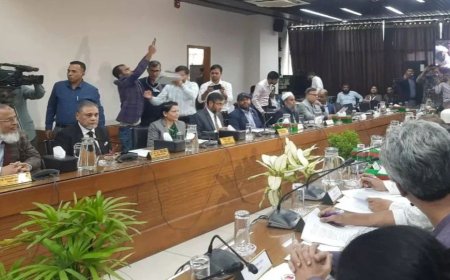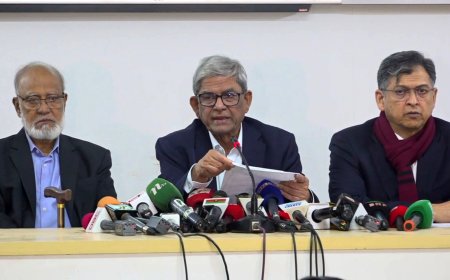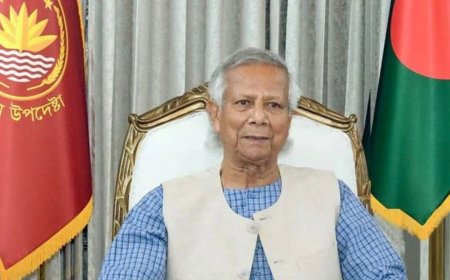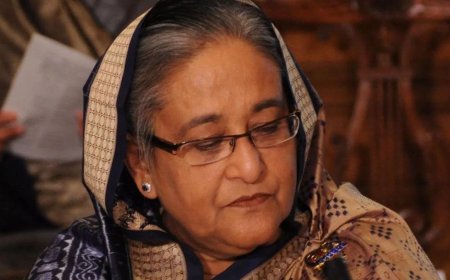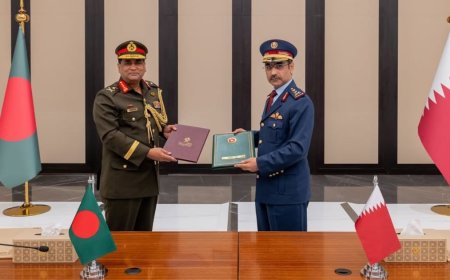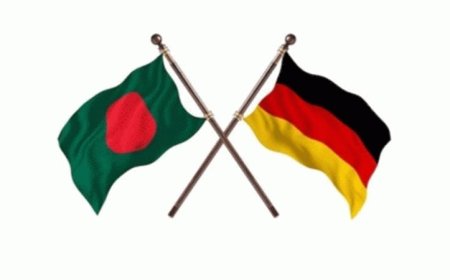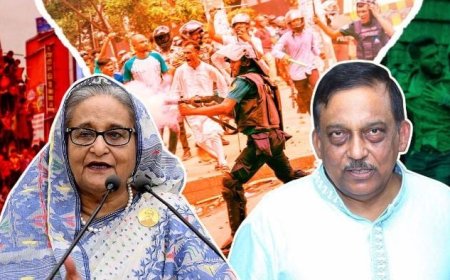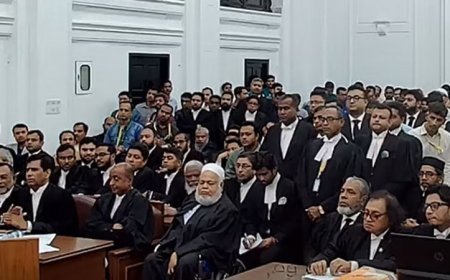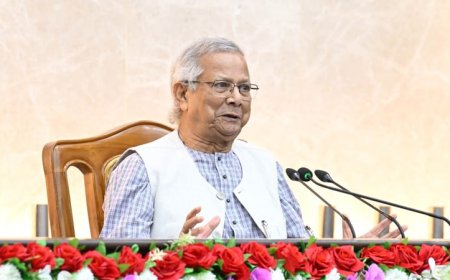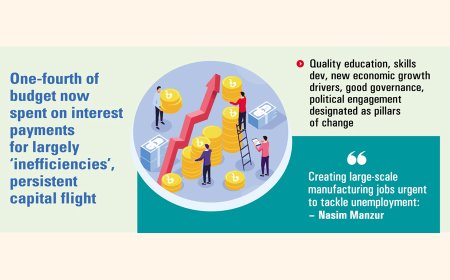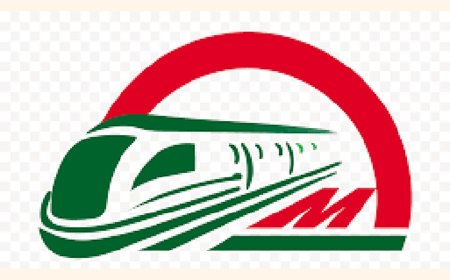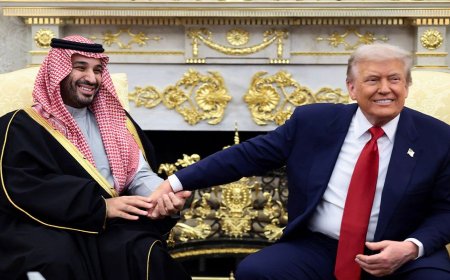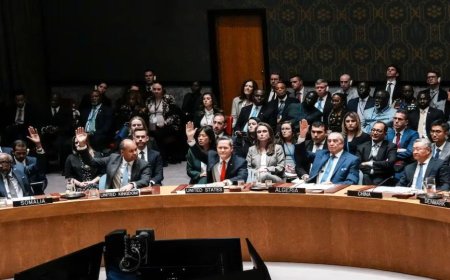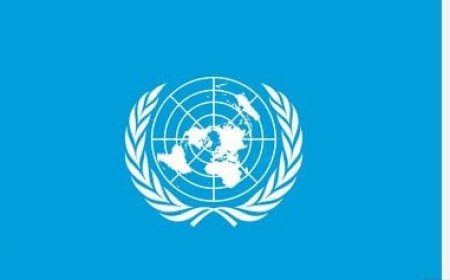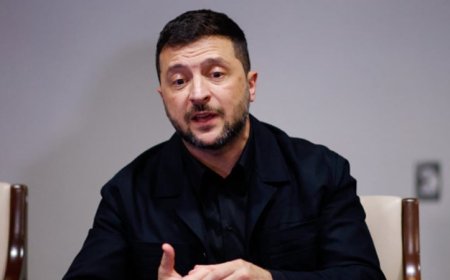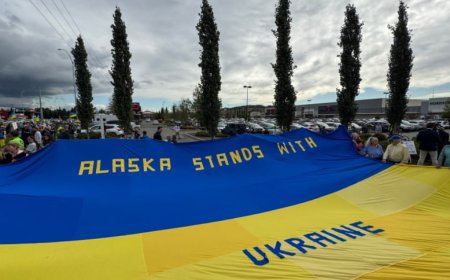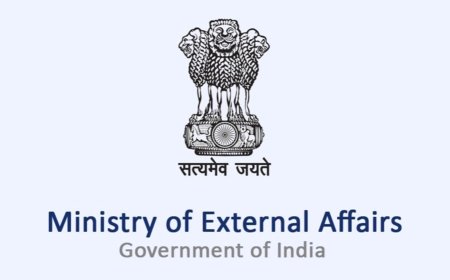Trump To Host His First Summit With Central Asian Leaders
Trump To Host His First Summit With Central Asian Leaders
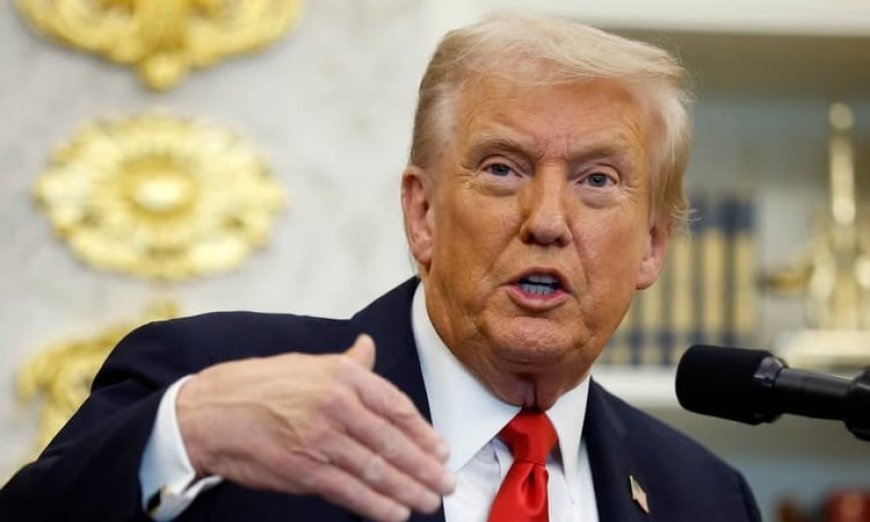
US President Donald Trump is set to host all five Central Asian leaders in Washington on Thursday — marking the first-ever such summit — just months after they each held separate meetings with Russia’s Vladimir Putin and China’s Xi Jinping.
Western powers have intensified their engagement with the resource-rich region, where Moscow’s long-standing influence has waned since the invasion of Ukraine and Beijing continues to assert a strong presence.
Race for Influence
Since the war in Ukraine, the leaders of Kazakhstan, Kyrgyzstan, Tajikistan, Turkmenistan, and Uzbekistan have expanded diplomatic outreach through the “C5+1” format, engaging more actively with global powers. Washington and the European Union have ramped up their efforts with the landlocked nations — independent from the Soviet Union since 1991 — following the first US–Central Asia summit in 2023.
Today, Russia, China, the West, and Turkey are all competing for sway in Central Asia. This year alone, EU chief Ursula von der Leyen, Russian President Vladimir Putin, and Chinese President Xi Jinping have held summits with the region’s leaders.
Central Asian states, having resolved many regional disputes, are increasingly presenting a united diplomatic front. China, which borders Kazakhstan, Kyrgyzstan, and Tajikistan, has positioned itself as a dominant commercial partner, investing heavily in infrastructure.
While the former Soviet republics still view Moscow as a key strategic ally, Russia’s war in Ukraine has heightened their caution. Meanwhile, Turkey has leveraged its cultural and linguistic ties to expand military and economic partnerships amid Moscow’s preoccupation with the war.
The West’s engagement dates back to the early 2000s, when Western forces used Central Asian bases during operations in Afghanistan.
Resource-Rich Region
The US and EU are now drawn to Central Asia’s vast, largely untapped reserves — including rare earths, uranium, gold, and natural gas — as they seek to diversify supply chains and reduce reliance on China. Kazakhstan is the world’s top uranium producer; Uzbekistan boasts massive gold reserves; Turkmenistan holds vast gas fields; and Kyrgyzstan and Tajikistan are developing new mineral deposits.
Despite Russia’s continued dominance in energy infrastructure and nuclear projects, Central Asia faces mounting environmental challenges. The region ranks among the most polluted globally and suffers acutely from water scarcity and climate change.
Challenging Geography
Exploiting these resources remains difficult due to geography and limited infrastructure. Nearly the size of the EU but home to only about 75 million people, Central Asia is landlocked and surrounded by nations with strained Western ties — Russia to the north, China to the east, and Iran and Afghanistan to the south.
Nevertheless, the region is seeking to revive its historical Silk Road role as a trading corridor. The five states are pursuing new partnerships to lessen dependence on Moscow, including developing the Trans-Caspian route that links Europe to Central Asia via the Caucasus — bypassing Russia.
Between 2021 and 2024, transport along this corridor surged by 660 percent, according to official data.
Muted Focus on Rights
For Trump, who has often expressed admiration for strongman leaders, economic cooperation appears to outweigh democratic advocacy in the authoritarian region.
While the area has opened to tourism and investment, rights organizations warn of worsening repression. Human Rights Watch has urged Washington to make human rights “a key part of the agenda,” noting that participating governments continue to silence critics and restrict media freedoms.
Central Asian nations remain near the bottom of global press freedom rankings, with Turkmenistan — one of the world’s most secretive states — listed 174th out of 180 countries. Kazakhstan and Kyrgyzstan have even welcomed Trump’s decision to dismantle Radio Free Europe, one of the last remaining sources of independent journalism in the region.
What's Your Reaction?







